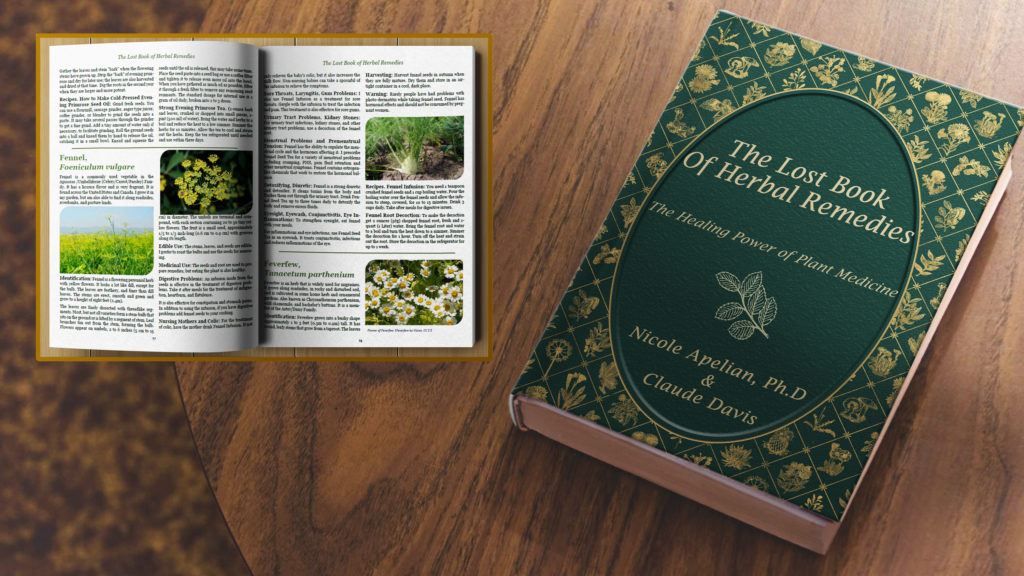The team identified four main areas that contributed to the benefits of writing gratitude letters:
- Expressing gratitude encourages positive language. Those in the gratitude letter writing group used more positive emotion words and “we” words (first-person plural words) and less negative emotion words than those in the other writing group. The researchers noted it was the lack of negative emotion words—not necessarily an increase of positive words—that helped to improve mental health outcomes.
- Even if you don’t share it, gratitude is helpful. Surprisingly, the benefits of writing letters of gratitude aren’t dependent on if they are shared or not. Only 23 percent of participants who wrote the letters actually sent them, but every person in the group experienced better mental health overall.
- The benefits of gratitude grow over time. Unlike other positive activities where the advantages fade, the positive effects of writing gratitude letters increase over time. While there weren’t significant improvements in mental health during the first week after the exercise was completed, participants in the gratitude letter group experienced improved mental health within four weeks of the exercise and the benefits became even more pronounced 12 weeks after the initial writing exercise was finished.
- Gratitude changes the brain. Three months after the counseling sessions began, researchers used MRI scans to measure brain activity in those who wrote gratitude letters and compared them to the scans from participants who didn’t have a writing assignment. The team found that the gratitude letter group had increased activity in the prefrontal cortex, an area of the brain associated with learning, decision making, and positive emotions.
Neural plasticity is the brain’s ability to change itself constantly by creating new neural pathways and losing those that are no longer used. There are a lot of ways to do this: visualization, meditations, gratitude, connection. For the brain to rewire itself, it requires a sustained practice of a new behavior that will sufficiently challenge the brain to think in a new way.
When we embrace a habit of gratitude, the very structure of our brain changes so that we can develop a fresh way of thinking. In turn, this affects how we see the world, which can powerfully shift our thoughts so that we experience less stress and anxiety—and more tranquility, happiness, and joy.
Feel as though you could use some extra help? Give my Stress & Anxiety Tincture a try. It’s a powerful blend of calming herbs and adaptogens, including: Lemon Balm, Reishi Mushroom, Lion’s Mane Mushroom, and Ashwagandha.
Sources
- Wong, Y Joel et al. “Does gratitude writing improve the mental health of psychotherapy clients? Evidence from a randomized controlled trial.” Psychotherapy research : journal of the Society for Psychotherapy Research vol. 28,2 (2018): 192-202. doi:10.1080/10503307.2016.1169332. https://pubmed.ncbi.nlm.nih.gov/27139595/
Nicole Apelian
Roll Up Your Sleeves and Do it Yourself?
Are you interested in making your own herbal remedies at home and learning about the many plants, lichens, and mushrooms you can find out your own back door? If so please pick up a copy of my book: "The Lost Book Of Herbal Remedies: The Healing Power of Plant Medicine" today!
Not in Europe or the US? Not a problem, click here to order your copy »





